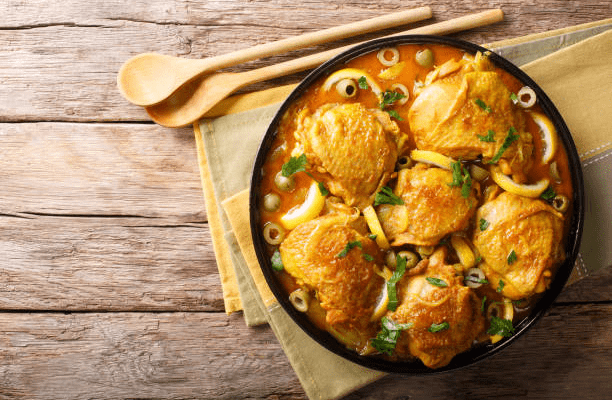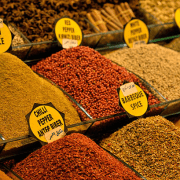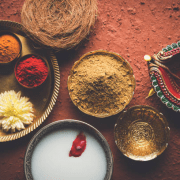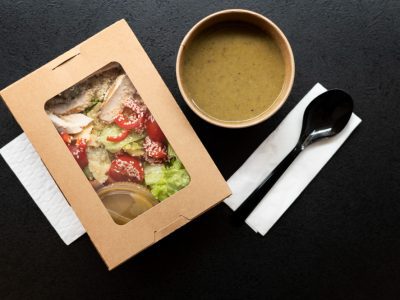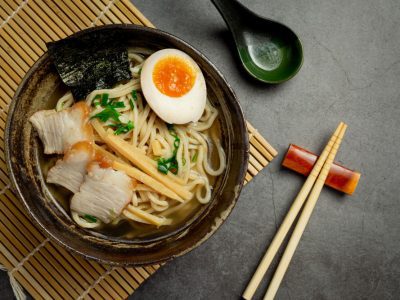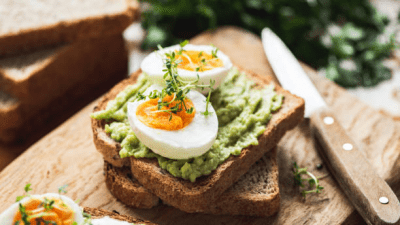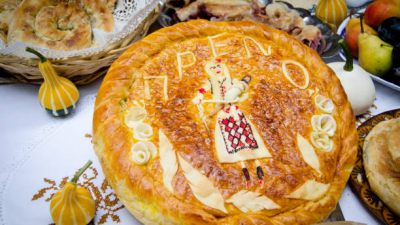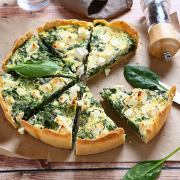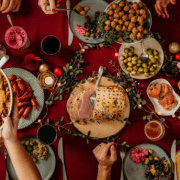Today’s fast-paced world of modern cooking often overlooks the art of slow cooking. But what does slow cooking mean in India, and why is it still so highly valued in Indian kitchens? This blog post explores the transformation of slow cooking into a crucial aspect of Indian culinary history, highlighting its importance amidst today’s hectic lifestyles.

What is slow cooking, and why is it important in Indian cuisine?
Slow cooking involves simmering food over low heat for a long period of time. This method facilitates the development of flavors as well as the blending of ingredients together, resulting in dishes that are full-bodied, tasty, and rich.
India’s practice of slow cooking is not just another process but a cultural heritage passed through generations. Most people would argue that Dum Biryani emanates its aroma from days on end; moreover, Rogan Josh happens to be one of those slithery dishes that owe their density to slow-cooking. However, what role does slow cooking play given the vastness of Indian cuisine?
The secret lies in taste. Using spices for an extended period allows them to blend with the food, resulting in a multitude of flavors that faster methods like boiling or frying simply cannot achieve. It takes time, but it’s worth it.
How has slow cooking evolved in Indian kitchens?
Although the core characteristics have not changed, strategies, methods, and utensils have become more advanced. Traditionally, people used clay pots or heavy-bottomed pans to make fires and prepare food slowly. Because of these adaptations, modern-day kitchens now have pressure cookers, crockpots, or electric tandoors.
However, no matter how much things change about slow cooking, its essence remains the same: devotion and patience. Slow cooking consistently enhances the flavor of the food, whether it’s Dal Makhani simmering overnight or Nihari taking hours to serve.
But how do these traditional, slow-cooked dishes fit into the fast-paced lives of modern Indians, especially in cities like Bangalore?
Can slow cooking still be relevant in modern Indian kitchens?

In a world where convenience often trumps tradition, you might wonder whether there is still a place for slow cooking in Indian kitchens. Absolutely! Slow cooking is more than just a technique; it’s an experience. It entails taking time to reflect on the process as consumers engage with their food and, consequently, cook meals that are good for both the body and the soul.
For many foodies in Bangalore, it’s an opportunity to go back to their origins through slow cooking. The city’s diverse gastronomy provides many options for indulging in slow-cooked food melded with contemporary influences. This perception of slow cooking as a thriving concept extends from personal kitchens at home to elegant restaurants.
But what are some slow-cooked dishes that you can try in Bangalore? And where can you find them?
Where can you find the best slow-cooked dishes in Bangalore?
Bangalore has developed into one of India’s gourmet capitals, giving gourmet options to individuals wishing to learn about the art of slowing down while preparing meals. Consequently, anyone willing to have Mutton Korma or Dal Bukhara can satisfy his or her appetite despite having different tastes.
However, it can be quite challenging to find the best places for these traditional slow-cooked dishes. Enter the HOGR app. Within seconds, discover Bangalore restaurants that specialize in slow-cooked Indian food, so you can always enjoy the rich taste and comforting heat of evergreen recipes.
How Can You Use Slow Cooking Methods in Your Daily Cooking?
Incorporate slow cooking into everyday meals.
You should use slow cooking for everyday meals as well as special occasions. The trick is to plan ahead. Begin your preparation early in the morning and then let it cook all day long, filling your house with enticing smells.
Trying out braised dishes is one of the simplest ways to start with slow cooking. Be it chicken chettinad or pork vindaloo, simmering meat slowly in a thick sauce until it becomes tender and ready to eat is an excellent way to enjoy what this method has to offer.
Alternatively, if time isn’t on your side, then why not try buying a slow cooker? This new kitchen gadget offers all the advantages of slow cooking without needing constant checks on a pot over fire. After setting it up, just switch it on and return home later to savour a great meal that has been cooked slowly for hours.

Summary: What’s So Special About Slow Cooking in Your Kitchen?
Slow cooking represents an art form that remains important across India. It reminds everyone that good food takes time, and quick methods cannot produce wonderful flavors. Therefore, when you employ this style of cooking at home, you are not just making dinner; you’re continuing an age-old culinary tradition cherished by many generations.
So next time, when you want tangy foods filled with ancient memories, think about using this technique. And those living in Bangalore must know about downloading the “HOGR” application, where they will find information about the best food made through slow processes for enjoyment within Bangalore city limits.
Also Read- Vegetarian Slow-Cooker Stuffed Mushrooms
